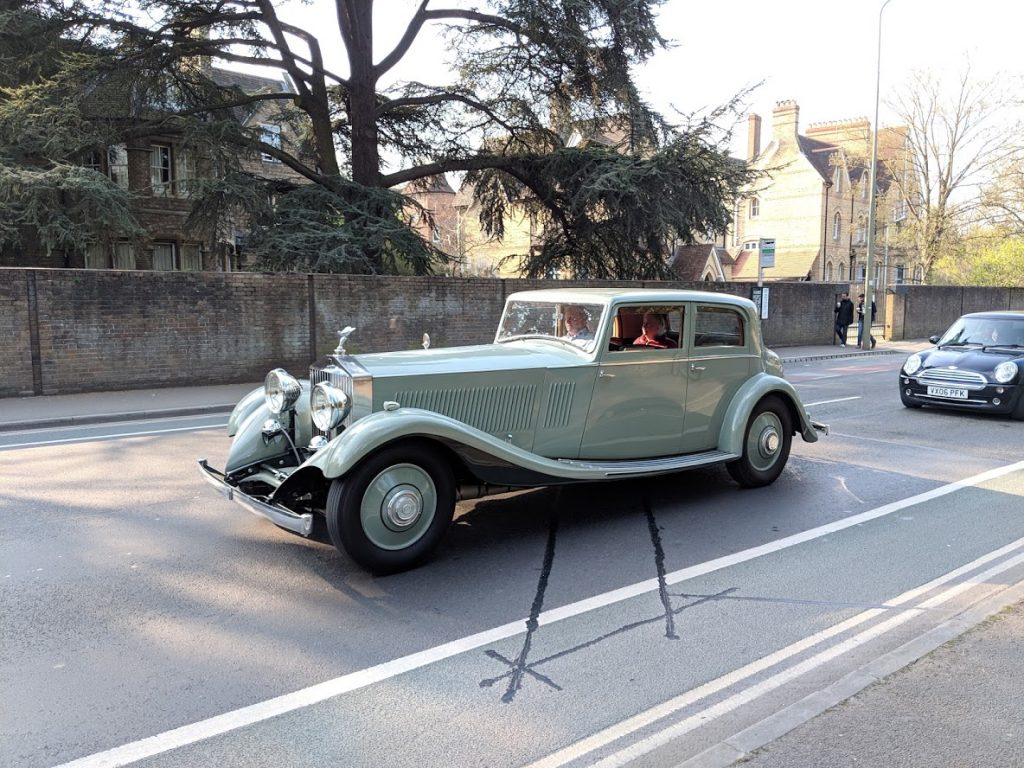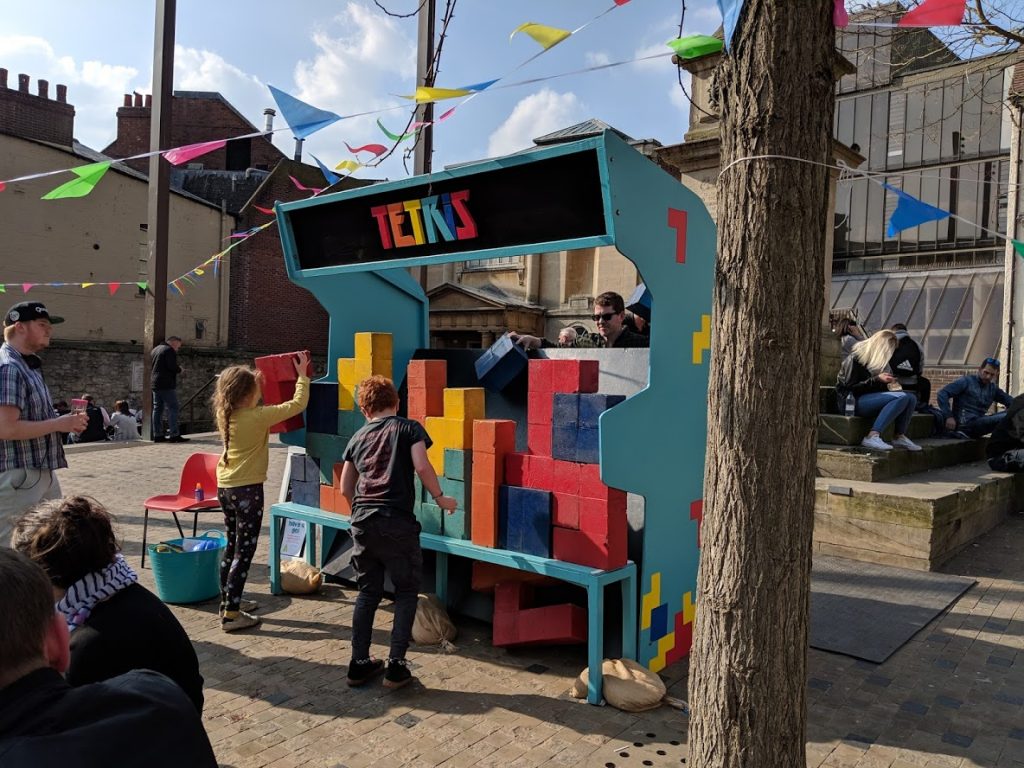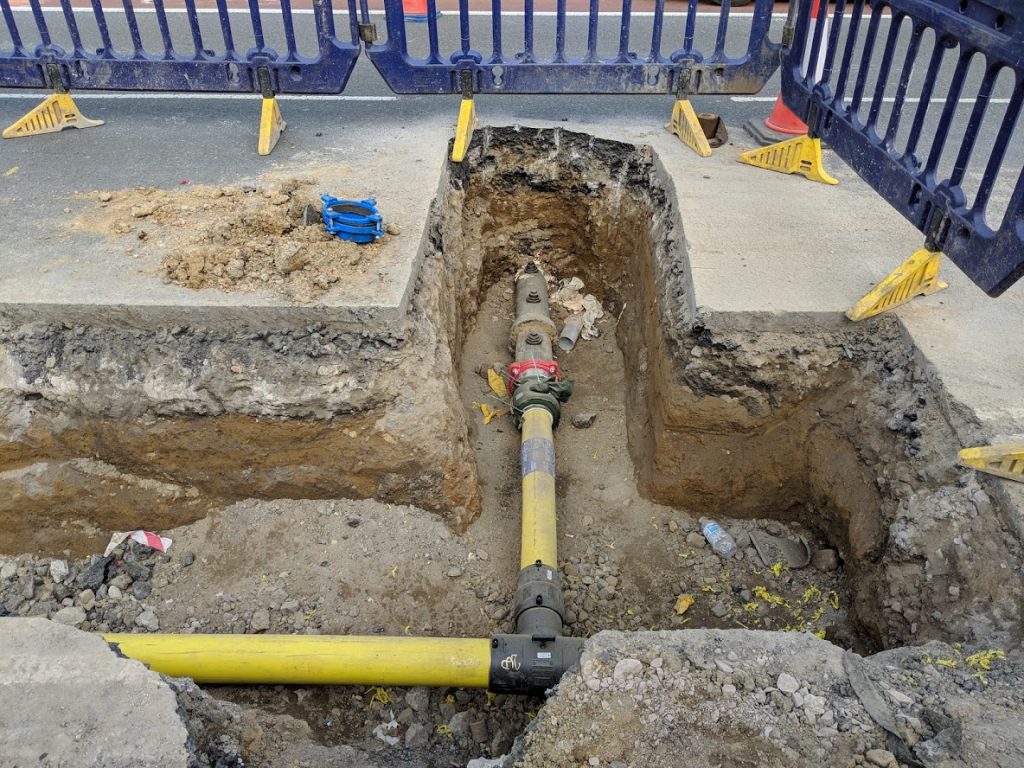Short version: Technology is amazing. Cycling can be dangerous.
Long version:
Scientific Tech
Technology is amazing, and as a scientist I am very lucky to work with some of the latest, most advanced, and highest tech machines that exist. Sharing that excitement can be difficult however, as being able to measure with very high precision is not a particularly visual phenomenon. Manipulating the protein and nucleic acid building blocks of life is challenging and rewarding, but ultimately happens in drops of water that, to the naked eye, are indistinguishable to those from a mundane context.
Occasionally I have given tours of laboratories, and often I feel the equipment and materials present must be underwhelming to the visitor. The reality of science, when compared with science fiction, requires the machines we use to be simple, robust, and compatible with the rest of the lab. For example, transparent equipment with bright flashing lights is great for setting up interesting shots in a movie, but when experimental conditions need to be carefully controlled, simple refrigerator-like boxes are often the better solution.
The prevalence of powerful modern technology means that what is captivating tends to be a common phenomenon presented in an unusual context. Glowing materials can be striking (and an inaccurate representation of nuclear radiation in cinema) since most objects do not naturally emit (visible) light (at standard temperatures), but emission of light is a pretty routine phenomenon (you’re reading this on a glowing screen). In the context of the lab, a fluorescent tube or a glow stick might seem to have some high tech implication, but in an office or a disco, they are common. Similarly it is often a climactic point in a characters mastery of magical powers to lift an object with their mind, but a forklift or crane is somehow much less the substance of fantasy.
A few particularly exciting instruments I’ve had the privilege to work with:
Consumer Tech
I enjoy consumer technology, and fondly recall walking the cavernous trade show floor at CES. The sheer volume of sales of consumer devices helps to dilute the cost of design work, both in physical hardware and in virtual interfaces. The result is that the aesthetic experience of using a consumer device is often significantly better than that of a technologically more advanced scientific device. Youtubers like Lisa Gade, Marques Brownlee, and Dave Lee share the experience of the latest consumer devices, but I often feel conflicted watching such video. While fun, such content feeds into unnecessary marketing driven consumption that I is a social and environmental blight. I also find sports gadgetry a compelling source of procrastination, e.g. DcRainmaker‘s blog.
Safe Cycling
In March while cycling I was involved in a collision on the way to work. Luckily I came away with only very minor injuries. It is a useful reminder that there are risks to using the roads, and that those risks can be minimised. Three thoughts:
Have your kit in order:
Wear a helmet. Large meta-studies say they help. Doctors in emergency departments have told me they help. Bicycle helmets have saved me from major head injuries at least three times. Making sure they fit is important. After damage replace them.
Check that your brakes are working and work well, and practise stopping hard, especially in difficult conditions like downhill or in the wet.
Wear visible clothing. You need to be seen.
Ride like you are invisible:
Even when wearing high visibility clothing and using lights, it should be assumed that cars cannot see you. Even in cities where cycling is less common, drivers might only be looking out for cars and miss cyclists, something that’s particularly common when waiting to turn across traffic. Cars have a physical structure that can create blind spots. Many drivers are distracted by phones or passengers, especially when travelling at lower speeds or through slow moving traffic. Ultimately, the risks you take by assuming you will be seen by other cars can be minimised, even if it ought to be the responsibility of the drivers.
Organ Donation:
If you lost your life in an accident today, I would be devastated. But a sad day is worse if someone else misses their chance to live because we didn’t submit a trivial form. Please sign up to be an organ donor: Australians UK USA



